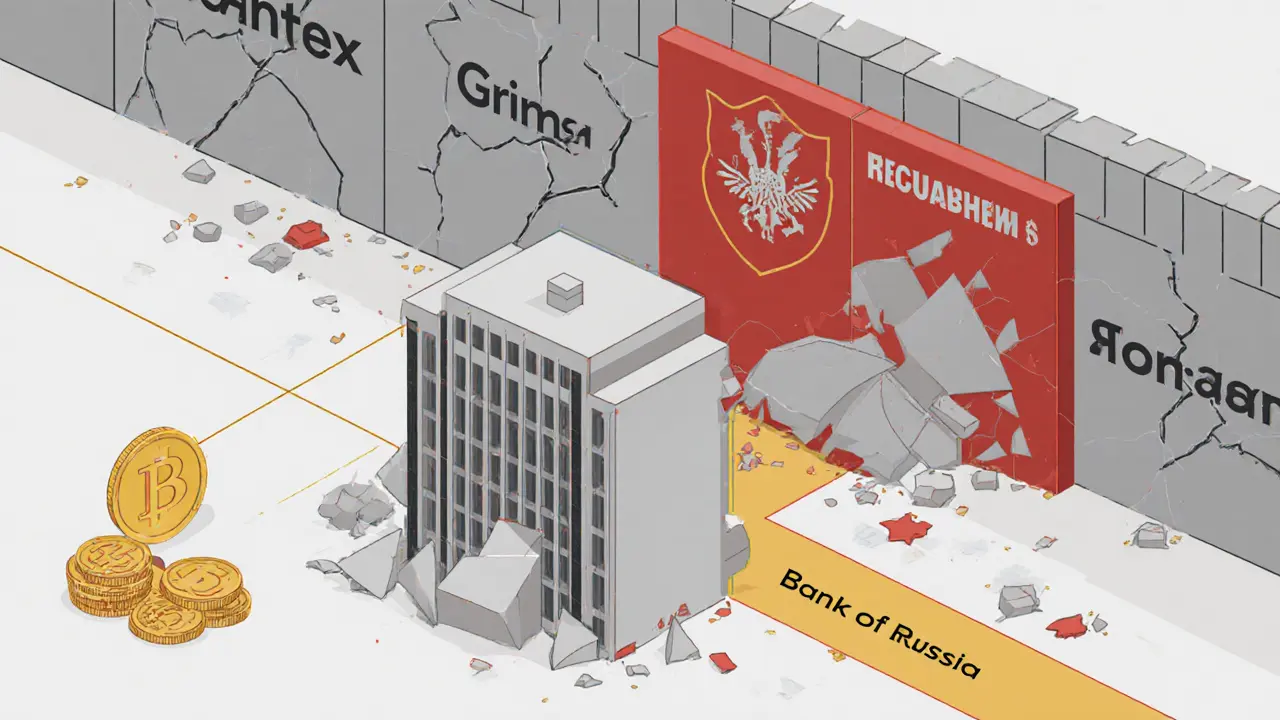Roskomnadzor: Russia's Crypto Crackdown and What It Means for Traders
When you hear Roskomnadzor, Russia's federal executive body that controls internet censorship and media licensing. Also known as the Federal Service for Supervision of Communications, Information Technology and Mass Media, it is the agency that decides what websites Russians can access—and what crypto platforms get shut down. Since 2021, Roskomnadzor has been actively blocking crypto exchanges, wallet services, and even crypto-related YouTube channels and Telegram bots. It doesn’t just ban sites—it forces Russian ISPs to cut off access, making it nearly impossible for locals to use Binance, KuCoin, or OKX without a VPN.
Why does this matter? Because Roskomnadzor doesn’t just target shady platforms. It blocks crypto advertising, any online promotion of digital assets, even from legit projects. If a project runs a Twitter ad or a YouTube video explaining how to buy ETH, Roskomnadzor can label it as "illegal financial activity" and take it down. This has forced many crypto companies to leave Russia entirely. Meanwhile, Russian crypto traders, millions of people using crypto to protect savings from inflation or send money abroad have turned to peer-to-peer markets like LocalBitcoins or P2P sections on exchanges that still operate under the radar. Some even use offshore exchanges with Russian-language support, risking account freezes but staying connected to the global market.
The Russian government claims it wants to protect citizens from fraud and financial instability. But in practice, Roskomnadzor’s actions have made it harder for honest users to access basic crypto tools while doing little to stop actual scams. Meanwhile, state-backed digital ruble projects move forward, creating a two-tier system: one for the government’s own blockchain, and one for everyone else—locked out.
What you’ll find in the posts below are real-world cases of how this crackdown plays out: from exchanges that got banned in Russia to users who lost access to their funds overnight. You’ll see how crypto regulation in Russia differs from Nigeria, Qatar, or Pakistan—and why a simple website block can cost people thousands. This isn’t theoretical. It’s happening right now, to real people trying to use crypto as a tool for survival, not speculation.
What Crypto Exchanges Are Banned in Russia? The Full Regulatory Breakdown
Russia hasn't banned all crypto exchanges - it's banned the ones that don't follow its rules. Garantex and Grinex were shut down for sanctions evasion. Binance and Coinbase are blocked by their own policies. Only compliant platforms like BestChange still operate.
learn more